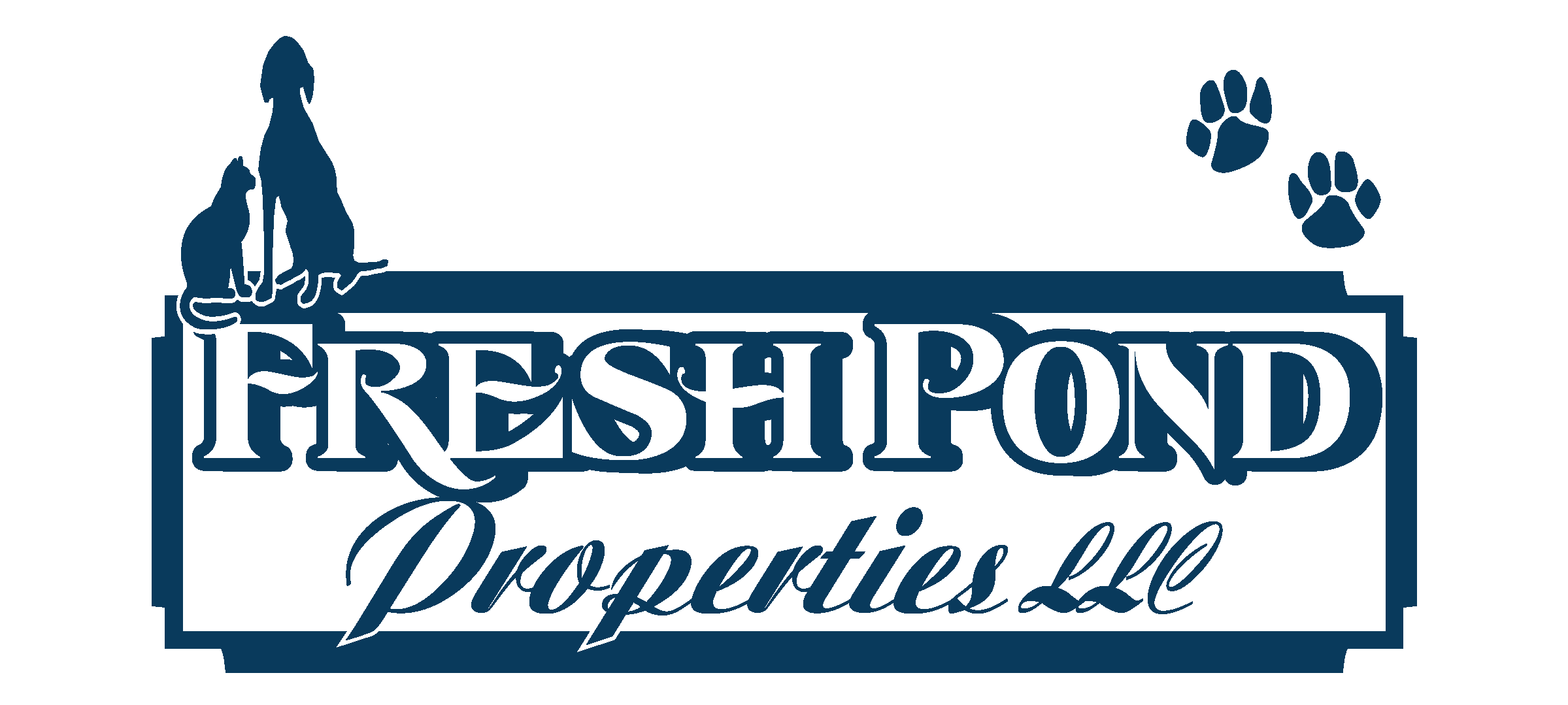Reverse mortgages are used for seniors 62 years of age and older. Instead of making monthly payments towards a mortgage payoff, a lender will pay the borrower money based on a percentage of the value, or equity, in the home. The payments can come in the form of a lump sum, a regular monthly payment, as a line of credit, or a combination of them all.
 The loan received from the reverse mortgage is repaid once ownership of the property is transferred through a sale or once the property becomes vacant, and it is usually at a high interest rate. The amount of money in a reverse loan is determined by the age of the youngest borrower, interest rates, value of the home and the lesser of appraised value, or the HECM (Home Equity Conversion Mortgage) FHA mortgage limit.
The loan received from the reverse mortgage is repaid once ownership of the property is transferred through a sale or once the property becomes vacant, and it is usually at a high interest rate. The amount of money in a reverse loan is determined by the age of the youngest borrower, interest rates, value of the home and the lesser of appraised value, or the HECM (Home Equity Conversion Mortgage) FHA mortgage limit.
A reverse mortgage may be a good option for people whose assets are largely invested in the value of their home. Those who have a lot of home equity could use some of that money during retirement rather than struggling to make ends meet. This product was developed to assist seniors generally in retirement who require more day to day cash flow for living expenses and health care.
Pros of Reverse Mortgage
- Does not require monthly payments for the loan
- Money can be used for any unforeseen expenses or debts, there are no restrictions on how you can use the money
- Money can be used to pay off the existing mortgage
- The money is typically used to help improve your monthly cash flow if on a limited income
Cons of Reverse Mortgage
- High fees and closing costs of the reverse mortgage
- Because the home is collateral for the loan, the home must be kept up to meet HUD standards: an inspection will occur prior to the loan processing to determine what needs to be repaired. A portion of the loan will be used to cover the cost of the repairs and a final inspection will occur to review the complete repairs.
- The borrower has to maintain and pay property taxes and homeowner’s insurance
- It can complicate keeping the house in the family. Heirs can eventually own the home but they are responsible for paying off the reverse mortgage.
- Everyone listed on the deed of the home must be 62 years or older- if the reverse mortgage is required, and a person on the deed is younger than 62, that person would need to be removed.
- The reverse mortgage can be the only lien on the property. Funds from the reverse mortgage can be used to pay off the original mortgage on the property.
- The property connected to the reverse mortgage must be the owner’s primary residence- meaning it must be occupied 183 days or more out of 365- with 12 total months allowed for living outside of the home- generally used for in-patient care.
Alternatives to a Reverse Mortgage
- Refinance your existing mortgage so that your monthly payments are lower and cash flow is freed up
- A second mortgage: leverages the equity in a property to back the loan. Also known as a home-equity loan.
- Home equity line of credit (HELOC) are adjustable loans which allow you to borrow up to your approved credit limit on an as-needed basis. You only pay interest on the amount withdrawn as opposed to an equity loan where interest is due on the entire loan amount.
- Sell your home and move to a less expensive home so that your monthly payment goes down or purchase one that is fully paid for by the sale of the larger home.
- Implement a sales-leaseback agreement where you sell your home to one or all of your kids and then rent it back using the cash from the sale.
- Set up a private reverse mortgage, where your heirs disperse regular monthly payments to the you and when it’s time to sell, the heirs recoup their money and interest. This option tends to be less expense than a regular reverse mortgage where the interest rates and fees go to a third party lender.
If a senior is equity rich and cash poor, reverse mortgages are usually the best option, but it is widely recommended that all potential options are researched before committing to this product. Interest rates and upkeep are two variables that should be understood before decided that the reverse mortgage option is best.
